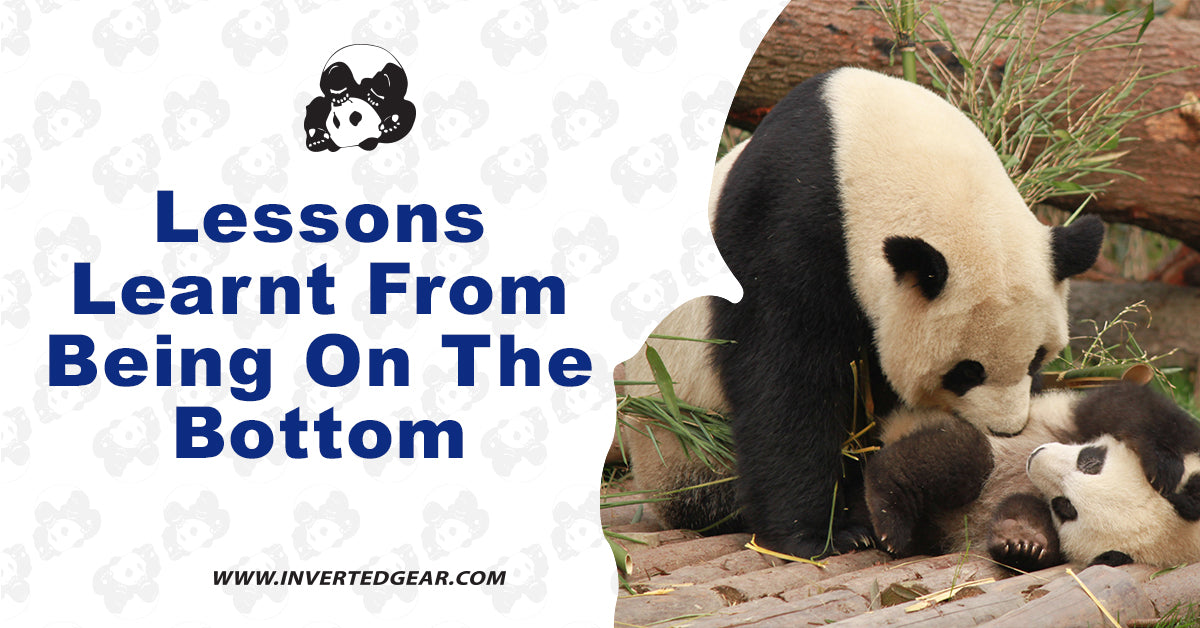
Lessons Learnt From Being On The Bottom
In jiu-jitsu we are taught to lose our instinct to panic. It’s probably the first and most-important lesson white belts learn; how to be calm under pressure. No one wants to be or be with the dreaded spazzing training partner. One way or another, by the time you progress out of this stage, you will learn how to be calm on the bottom.
This gives you reassurance when in the disadvantageous positions I still so often find myself in. If you’re on bottom, just be cool and work your escapes, right? It’s just a roll and, worst-case scenario, you’re working your escapes. However, recently, I think that I have been too calm. I have been too ready to accept bottom positions and lazy about maintaining my guard.
I have found a pitfall in being too passive. Sure, I wasn’t using all my energy. I would end rolls relatively fresh while others were panting. However, over time I began to feel like I was letting myself down because my top game was deteriorating. I was just stalling. My coach told me an important detail, which was that I wasn’t fighting the transitions.
Part of that is the room I practiced exclusively in for the last year. Every player is more experienced than me or had a severe attribute advantage. I reverted to playing a game which is most-generously called “very defensive.” It was shocking how fast I retreated back to these safe-havens once I was the absolute smallest fish in the pond. I went back to a beginner belt mentality; conserve energy, remain calm, and wait for opportunity.
The problem is that there are two, dueling thoughts. I want to practice all aspects of my game. On the other hand, I don’t want to take the roll too serious. But the frustration is real when you’re forced back to entire days where you are solely playing defense.
Sure my defense has improved but what about the other half of my game? Well, it wasn’t there. My top game had atrophied and I wasn’t fighting those intermediary micro-positions. Perhaps I had taken pre-assumed defeat too far out of fear. Sometimes, you have to push yourself. The sport of jiu-jitsu is this balance between remaining calm under fire and simultaneously trying to submit a person against their will.
So, I’ve had to go on a bit of a mental journey. I’ve had to learn how to compete in a room where I can’t. I had to find my confidence again all while remaining a good, calm, reliable training partner. A mixture of renewed focus, tweaks to my game, and a change in mindset have helped. Obviously, the best advice came from my coach. I have been much more proactive.
What I found is that both parts of my game have improved; escapes and control. By placing more emphasis on the transitional moments - and sometimes winning - I have developed in the places following the transitions. The combination of self-analysis and advice from my coach has pushed me a little further.
At the end of the day, the balance between activity and pacificity is just another roller coaster within the sport. Trying to navigate it is a new ordeal for me for sure. But the solutions are refreshingly familiar; return to fundamentals, listen to the coach, and find the balance. Remaining calm is engrained in all of us, but there are fundamental lines that we need to defend. Finding them has been a huge part of my improvement recently.
Other articles:
Quick links
Contact us
About us
Quality BJJ gear at fair prices, available all year. Founded in 2012 to provide an alternative to high-cost, limited edition gis. Dive into the BJJ lifestyle with us—join the Panda Nation!"
